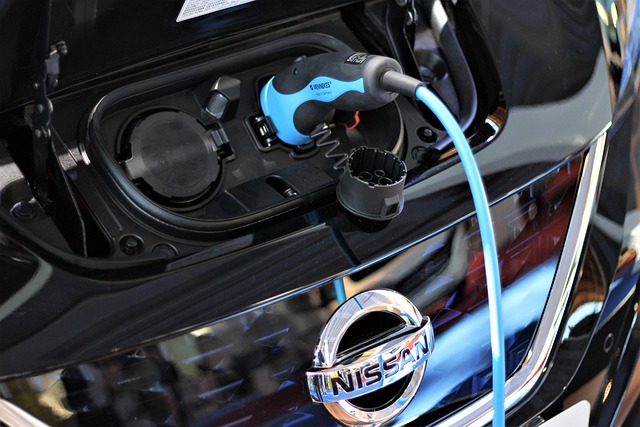In recent years, the concept of a car-free life has gained traction as individuals from all walks of life search for ways to reduce their ecological footprint. Choosing to step away from the reliance on cars not only aligns with sustainable development goals but also paves the way for a greener future. Embracing this lifestyle can feel liberating, as it encourages people to reconnect with their surroundings and adopt a more active approach to daily living.
One of the most compelling reasons to switch to a car-free life is the significant reduction in carbon emissions. Transportation is one of the largest contributors to greenhouse gas emissions. By opting for walking, cycling, or utilizing public transport, we take a bold step towards achieving carbon neutrality. This shift transforms our daily routines, prompting us to explore alternative modes of mobility that can be more in harmony with nature.
As cities around the world begin to prioritize green technologies, we witness the emergence of electric buses, bike-sharing programs, and pedestrian-friendly spaces. These innovations are essential in creating an inclusive urban environment that encourages a car-free lifestyle. Cities like Amsterdam and Copenhagen have long embraced cycling as a primary means of transport, showcasing the potential of integrated mobility solutions for sustainable urban development.
Moreover, committing to a car-free life fosters a sense of community. Without the barriers of vehicles, public spaces become more inviting, allowing for social interactions and the cultivation of relationships. Imagine a neighborhood where children can play freely on the streets, where safety is prioritized over speed, and where the air is fresh with the absence of car exhaust. Such a community not only supports sustainable development but also enhances the quality of life for all its residents.
Adopting a car-free life also encourages mindfulness in our daily choices. By utilizing local services, we not only reduce our carbon footprint but also bolster local economies. Supporting nearby businesses reinforces community ties and promotes a sustainable economic model that values ecological integrity over convenience.
Transitioning to a car-free lifestyle does not mean sacrificing comfort or convenience; rather, it invites us to rethink how we navigate our daily lives. By exploring options like carpooling, public transit, and electric scooters, we can mesh sustainability with practicality. The increasing push for green technologies is paving the way for more efficient, less polluting transport systems that make this lifestyle even more accessible.
Those who embrace a car-free life often report a newfound appreciation for their environment. There’s a certain joy that comes from immersing oneself in nature during a walk or bike ride. The vibrant energy of the city becomes more palpable when experienced at a slower pace, allowing us to notice the small wonders we often overlook during our hurried commutes.
Ultimately, choosing to live car-free is a personal journey that can yield meaningful impacts against climate change while enhancing our well-being. While it may require some adjustments, the benefits far outweigh the challenges. This new paradigm shifts our collective consciousness towards a more sustainable future, where we all play a part in caring for our planet and its resources. Embracing a car-free life might just be one of the most transformative choices we make in our pursuit of a brighter, greener tomorrow.




